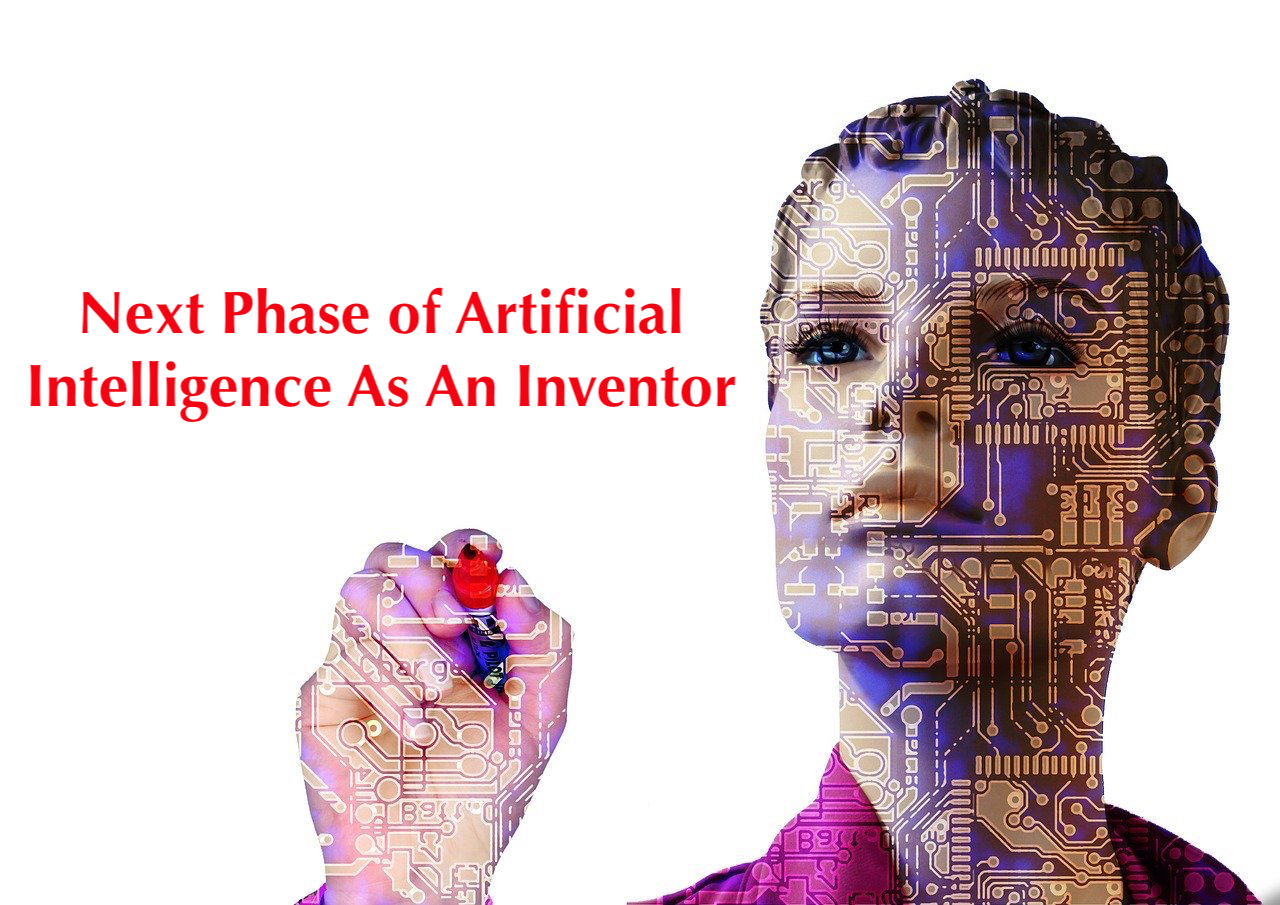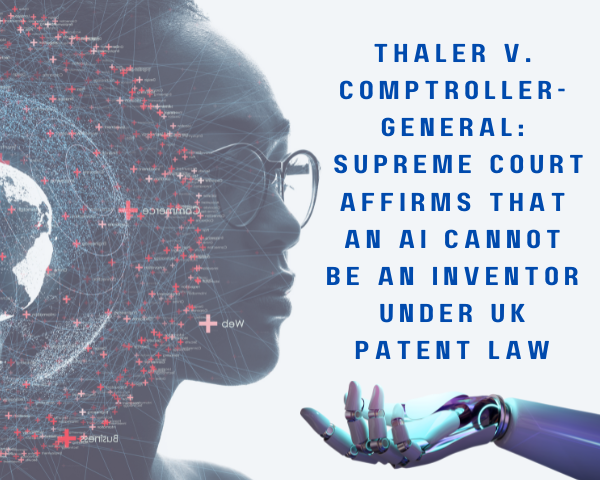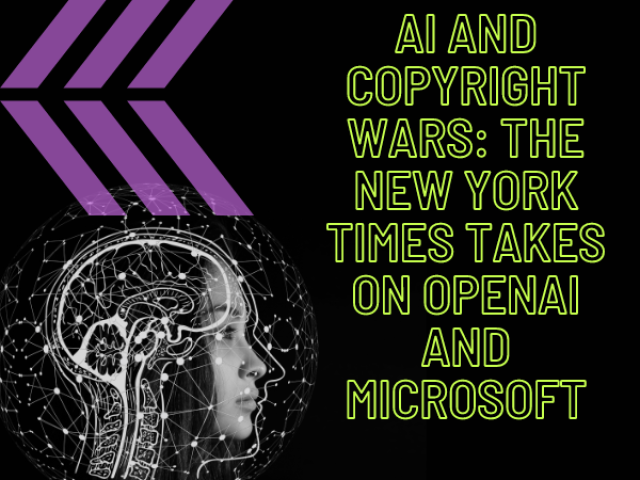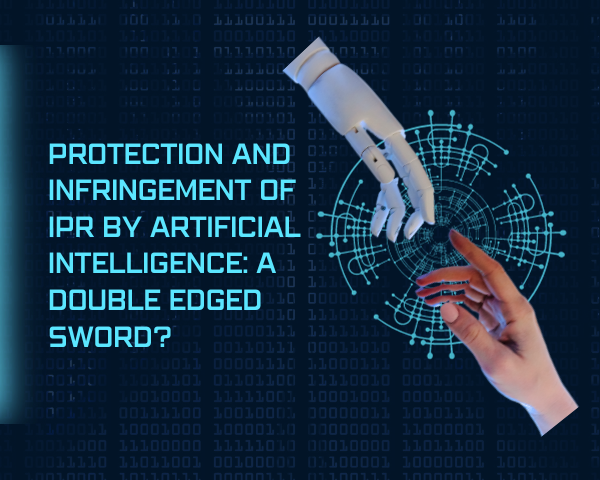We have entered an era where computers are not just computing numbers or designed for specific task but also generating new creative ideas that have historically required human ingenuity. The coming wave of AI inventions is putting several questions whether AI can own patent or who can own patent of AI inventions? If AI inventions are allowed patents do you think it could result in too much power in the hands of companies that own those AI systems? All these debate initiated when EPO published its decision setting out the reasons for its recent refusal of two European patent applications in which an AI system was designated as the inventor. Filed by an individual in autumn 2018, the applications EP 18 275 163 and EP 18 275 174 were refused by the EPO following oral proceedings with the applicant in November 2019.
AI inventor- DABUS
First time in the history of patents an application was filed were AI was designated as the inventor. AI activist Ryan Abbott and his team and a law professor at university of surrey filed the patent application at the European patent office for two inventions created autonomously by artificial intelligence. Dr. Stephen Thaler created a patented AI system named “DABUS” (short for “Device for the autonomous bootstrapping of unified sentience”) which is a creativity machine. Such systems contain artificial neural network made up of series of small neural networks, which can ingest data about a range of subjects. The two inventions created by dabus are “a new type of beverage container based on fractal geometry which has specially shaped lid designed for robotic gripping” and “a flashlight system designed to flicker in a rhythm mimicking patterns of neural activity that accompany the formation of ideas making it difficult to ignore for attracting human attention useful in search and rescue operations”. Dr. Thaler has no background in developing these two inventions so he didn’t even direct the machine to invent them. EPO considering the interpretation of legal framework rejected the patent application as the person designated as inventor must be a natural person. As the inventor who owns the patent has certain rights to this status and AI system not being a legal personality cannot exercise these rights. Further the decision to refuse the two patents can be appealed by the applicant at the EPO’s independent judiciary, the boards of appeal.
US and India
Currently Intellectual Property laws in the US and India does not allow patent to an AI as inventor. They don’t include AI system as legal personality but in future it may happen that laws might be updated seeing the current scenario of rising advancement in AI. In this case Dr. Abbott says his team hopes to file patent applications for Dabus in countries including China, India, Japan, Canada, Australia and South Korea. Further He says “every country in the world is going to have to decide what they want to do with this”. It would be interesting to analyze the IPO’s stand if at all they receive inventions by AI in future.
Analysis of this situation:
Ryan Abbott who is leading the group says: “if I teach my Ph.D. student that and they go on to make a final complex idea, that doesn’t make me an inventor on their patent, so it shouldn’t be with a machine.” Though it sounds logical but it has drawbacks too like what if any infringement case is filed against the AI system and what happens next if this much advancement is done in AI system that they can create an idea, this might get dangerous for humans.
Though AI systems are useful as it can lessen manual function while increasing efficiency and decreasing error but what’s the point in creating a machine for creative purpose which can lead the mankind to an era where humans become robots with no capability of thinking because it can be done by AI systems right? If AI system becomes inventor there is a possibility that the whole IPR system will fail as we don’t consider AI as an inventor currently. This emerging legal issue poses challenging questions in front of the IPR enthusiasts that needs to be researched upon so that the world community can come up with the best ethical solution.




